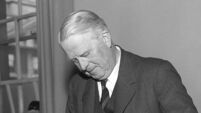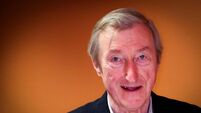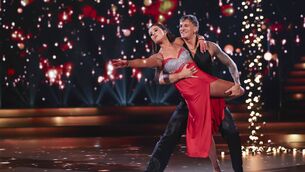Book review: A leader we could do with now

Author Thant Myint-U is a historian and the grandson of former United Nations secretary general U Thant. Picture: Thurein Aung
- Peacemaker: U Thant, The United Nations and the Untold Story of the 1960s
- Thant Myint-U
- Atlantic Books, €20.00
BOOKS & MORE
Check out our Books Hub where you will find the latest news, reviews, features, opinions and analysis on all things books from the Irish Examiner's team of specialist writers, columnists and contributors.







